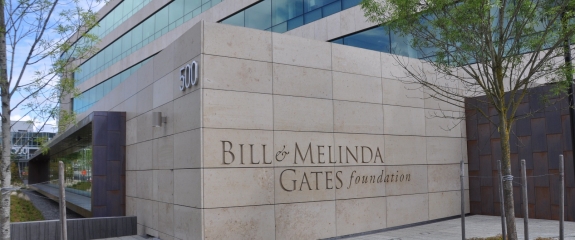Gates Foundation research not to be published in 'top' journals

Perhaps one of the world’s most influential global health charities, the Bill & Melinda Gates Foundation, has announced that research it has funded should not be submittted to some journals because they do not comply with its open-access policy. The embargo includes journals such as Nature, Science, the New England Journal of Medicine (NEJM) and the Proceedings of the National Academy of Sciences (PNAS). This approach was announced in 2014 but came into force at the beginning of the year. The policy requires that all research should be published under a licence that allows unrestricted reuse — including for commercial purposes. Currently, over 90% of the foundation's research is published in open access journals and so this is only ikely to affect a few hundred research papers a year. This change in approach mirrors that in other organisations. In 2005, the Wellcome Trust were the first research funder to introduce a mandatory open access policy and in July 2012, the UK Research Councils announced a new joint policy, which came into force on 1 April 2013, championing open access publishing of research it funds.
In 2008, many journals were unwilling to accommodate a US National Institutes of Health (NIH) policy, which, at the time, mandated that papers be made freely available no later than 12 months after publication. The change of approach forced publishers to choose between accommodating the new policy and refusing to publish the large volume of high-quality research by NIH-funded authors. Similarly, the Gates policy is likely to draw the same concessions from publishers. It certainly begs the question who is going to pay for the journals? Scientific publishing is big business somebody has to pay for the existing business model.


